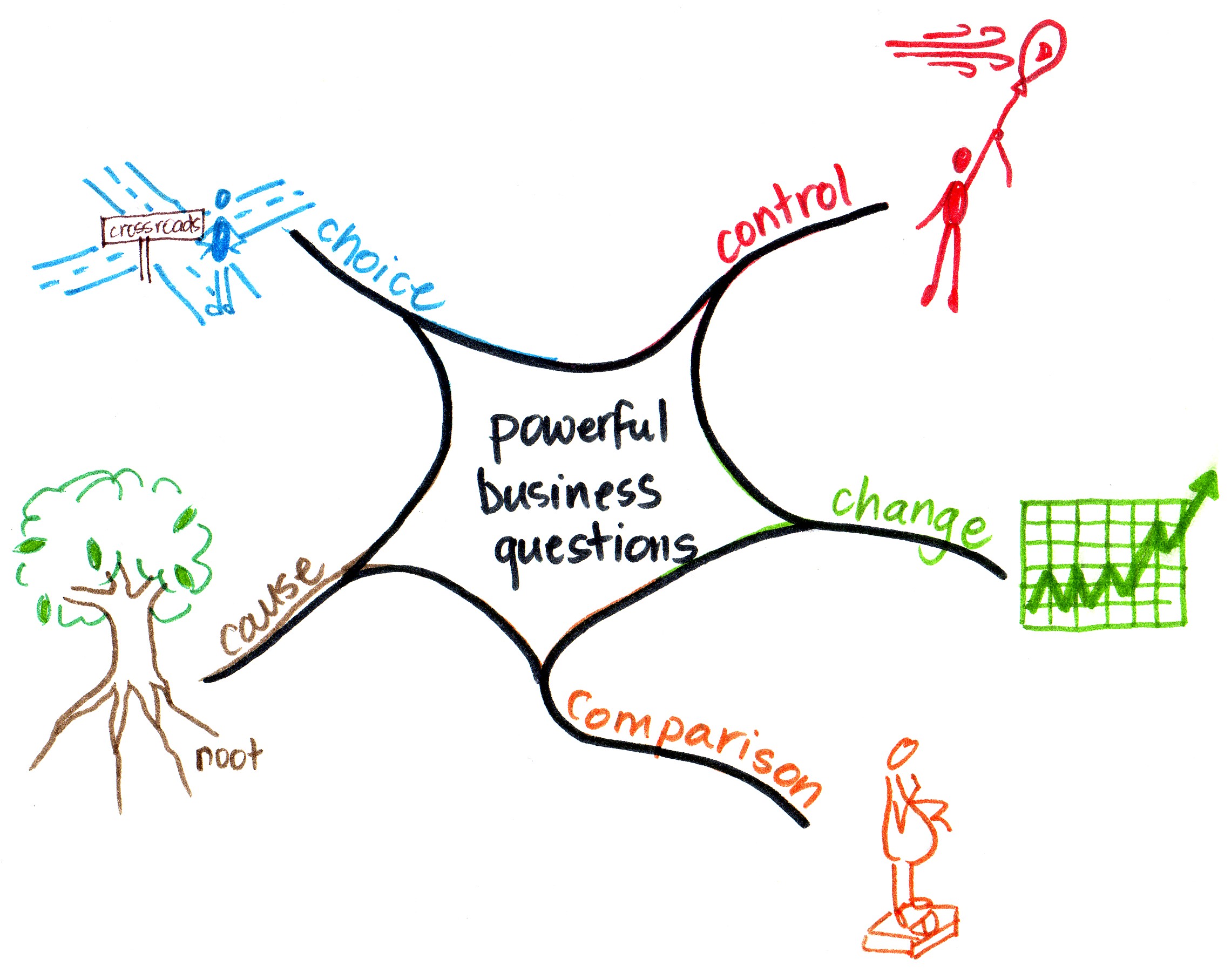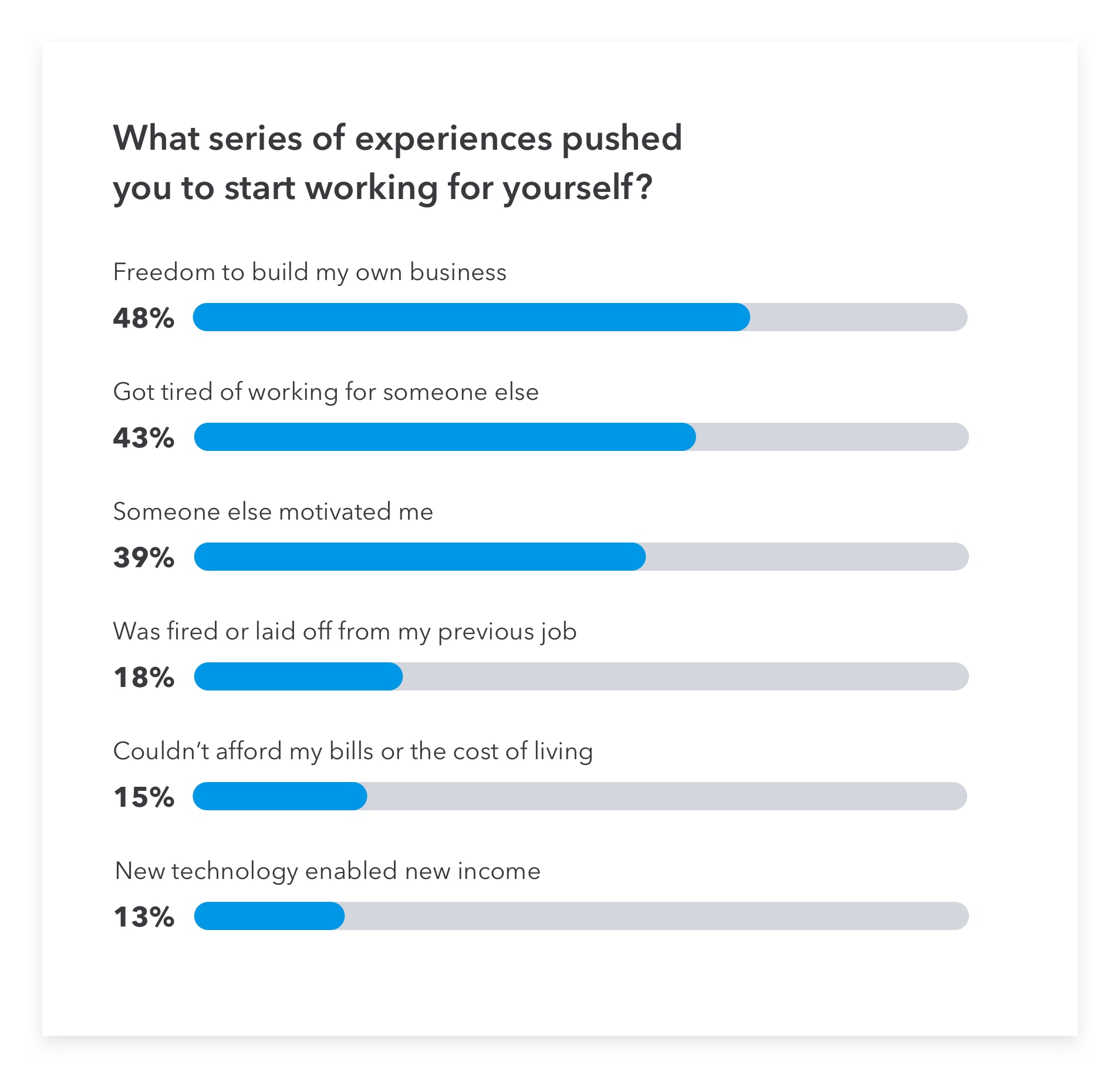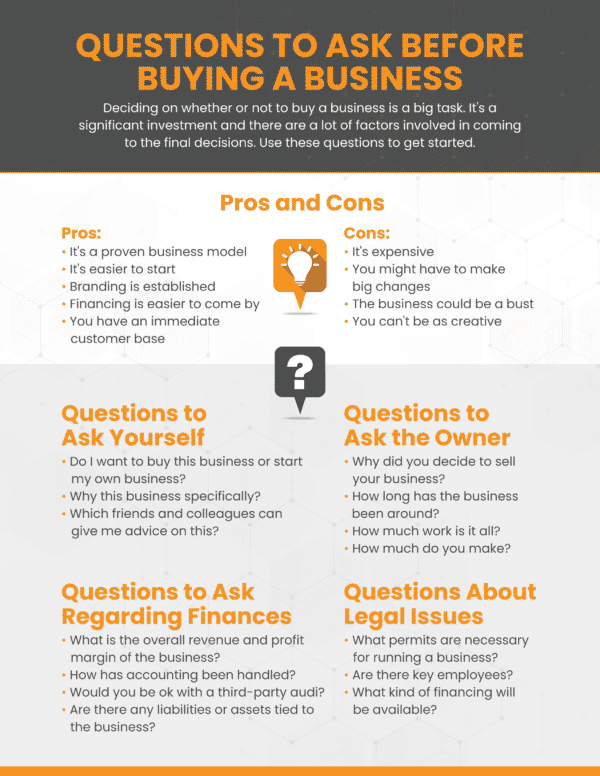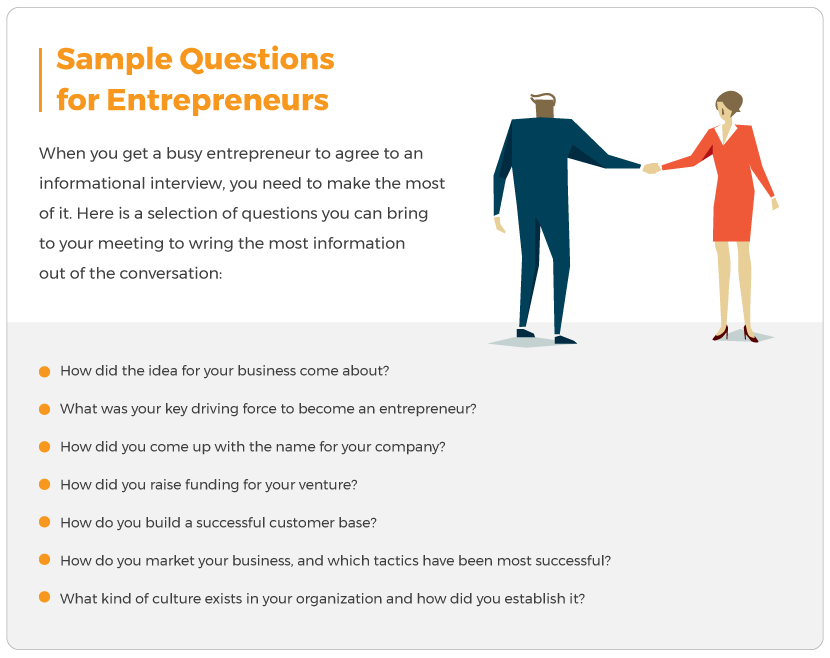Questions Such As What Business Are We In

Imagine a cozy, wood-paneled boardroom. Sunlight streams through the window, illuminating dust motes dancing in the air. Around a large mahogany table, a team of executives sits, a palpable tension hanging in the air. They're not discussing profits or losses, but something far more fundamental: their very identity.
At the heart of many business strategy discussions is a simple yet profound question: What business are we really in? This seemingly straightforward inquiry cuts to the core of a company's purpose, guiding its decisions, shaping its future, and ultimately determining its success or failure.
The Enduring Relevance of a Core Question
This question isn't new. Peter Drucker, the management guru, emphasized its importance decades ago. Yet, in today's rapidly evolving landscape, it's more crucial than ever to revisit and redefine this understanding.
The issue isn't about stating a product or service. It's about understanding the customer's need that you are fulfilling. It's about seeing your company through the eyes of the market.
For example, consider the story of railroads. In the early 20th century, many railroad companies defined themselves as being in the "railroad business".
As a result, they failed to see the bigger picture. They didn't realize they were actually in the transportation business.
This narrow focus blinded them to the rise of automobiles, airplanes, and trucking, eventually leading to their decline.
Beyond Products: Defining Value
The importance of defining a broader business scope also holds true for digital companies. Is Amazon simply an online retailer?
Many would argue that they're in the business of providing convenience and a vast selection to consumers worldwide. This broadened perspective allows them to innovate with services like Prime and AWS, far beyond the original scope of online retail.
Think of a local bakery. They don't just sell bread; they sell the experience of fresh, warm comfort, a morning ritual, or a special occasion treat.
Understanding this underlying value allows them to differentiate themselves from mass-produced alternatives and cultivate a loyal customer base.
Navigating Change and Innovation
Constantly evaluating the answer to this core question can help businesses navigate disruptive changes. The rise of streaming services forced traditional media companies to reassess their place in the entertainment landscape.
Netflix, initially a DVD rental service, asked itself if they were in the business of renting DVDs or delivering entertainment. This critical self-reflection allowed them to transform themselves into a streaming giant.
Companies that resist this kind of introspection often find themselves struggling to remain relevant.
The challenge is to balance a clear sense of purpose with the agility to adapt to shifting market dynamics. This requires a culture of continuous learning, open dialogue, and a willingness to challenge assumptions.
Looking Ahead
Defining the right business is not a one-time event. It's an ongoing process. It should be revisited regularly, particularly in times of significant market shifts or technological advancements.
For companies big and small, asking "What business are we really in?" will continue to be a vital tool for sustainable growth and lasting impact. The answer may not always be easy, but the journey of discovery is invariably worthwhile.
So, the next time you find yourself in a boardroom, consider posing this essential question. The future of your business might just depend on it.

![Questions Such As What Business Are We In 50+ Good Questions to Ask in an Interview [2024] - InterviewBit](https://www.interviewbit.com/blog/wp-content/uploads/2022/08/Questions-To-Ask-In-An-Interview-About-The-Company-1-910x1024.png)














:max_bytes(150000):strip_icc()/GettyImages-589934661-58e02a265f9b58ef7e132c44.jpg)

